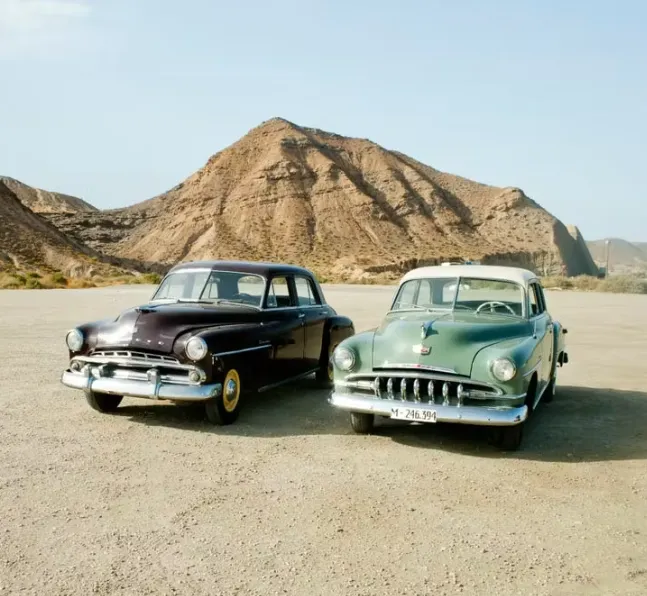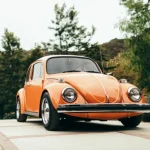Owning an antique or classic car is more than just about transportation; it’s a connection to history, a prized possession, and often a symbol of personal passion. If you’re considering insurance for your classic vehicle, you might wonder if it’s cheaper than regular car insurance. The answer is generally yes, but there are several factors to consider when determining how much you’ll pay for coverage.
In this post, we’ll explore why insurance for antique cars tends to be cheaper, how much it usually costs, and what you can do to get the best rates.
Why Is Insurance Cheaper for Antique Cars?
In general, antique car insurance is less expensive than standard auto insurance. There are several reasons for this. Antique cars are typically used only for special occasions or recreational driving, not as everyday vehicles. This limited usage reduces the risk of accidents and theft, making insurers view them as lower-risk vehicles.
Additionally, classic cars are often stored securely and receive more care from their owners. Enthusiasts take great pride in maintaining their vehicles, which further lowers the likelihood of an incident. Since these cars are rarely driven and are usually kept in secure locations, insurance companies typically offer lower premiums.
What Does Classic Car Insurance Cost?
On average, classic car insurance premiums range between $200 and $1,000 per year. However, the price depends on the value of the car, the driver’s history, and the specific policy. Even for high-value vehicles, insurance for antique cars can be up to 43% cheaper than regular auto insurance.
This reduced cost is based on the assumption that classic car owners are responsible drivers who use their vehicles infrequently. Insurance companies also consider the fact that these cars tend to be well-maintained and stored properly, which lowers the risk of damage or theft.
How Insurers View Antique Cars
You might think that a car’s high value or rarity would make it more expensive to insure, but that’s not always the case. In fact, insurers consider classic cars much lower risk than modern vehicles. Because of their limited usage, secure storage, and careful maintenance, the likelihood of a claim is significantly lower.
Classic cars are often kept in garages or other secure areas, far from the risks faced by everyday cars, such as vandalism, severe weather, or accidents during daily commuting. As a result, insurance premiums are typically lower for antique cars.
How to Get the Best Classic Car Insurance Rates
While classic car insurance is often more affordable, the cost can still vary based on several factors, such as the vehicle’s value, how often it’s driven, and the owner’s driving record. To get the best rates, it’s crucial to work with an insurer that understands the unique nature of antique cars and offers tailored coverage options.
Make sure to ask about any discounts that might apply, such as bundling policies, safe storage, or low mileage usage. Also, consider the level of coverage you need and any additional perks, such as roadside assistance or towing, that might be included in the policy.
Frequently Asked Questions
What qualifies as a classic car?
A classic car is typically a vehicle that is at least 20 years old, well-maintained, and not used for everyday driving. These cars often have historical or collectible value.
Is antique car insurance always cheaper?
While antique car insurance is usually more affordable, the cost can vary depending on factors like the car’s value, its usage, storage conditions, and the owner’s driving history.
What are the requirements for classic car insurance?
Requirements vary by insurer, but common criteria include the car’s age (usually 15-20 years or older), limited use (e.g., for hobbies, shows, or exhibitions), proper storage, and a clean driving record.
Can I use my antique car as a daily driver?
Classic car insurance is typically designed for vehicles that are driven occasionally. If you plan to use the car as a daily driver, standard auto insurance is more appropriate.
Does classic car insurance come with a deductible?
Yes, most classic car insurance policies include a deductible. Depending on your plan, additional coverage options like towing or roadside assistance may be available.
Conclusion
In most cases, insurance for antique cars is more affordable than regular car insurance. The lower premiums are primarily due to the limited use and careful maintenance of these vehicles, which reduce the risk for insurers. To get the best rates, make sure to choose a provider that understands the unique needs of classic car owners and offers policies tailored to your vehicle.




